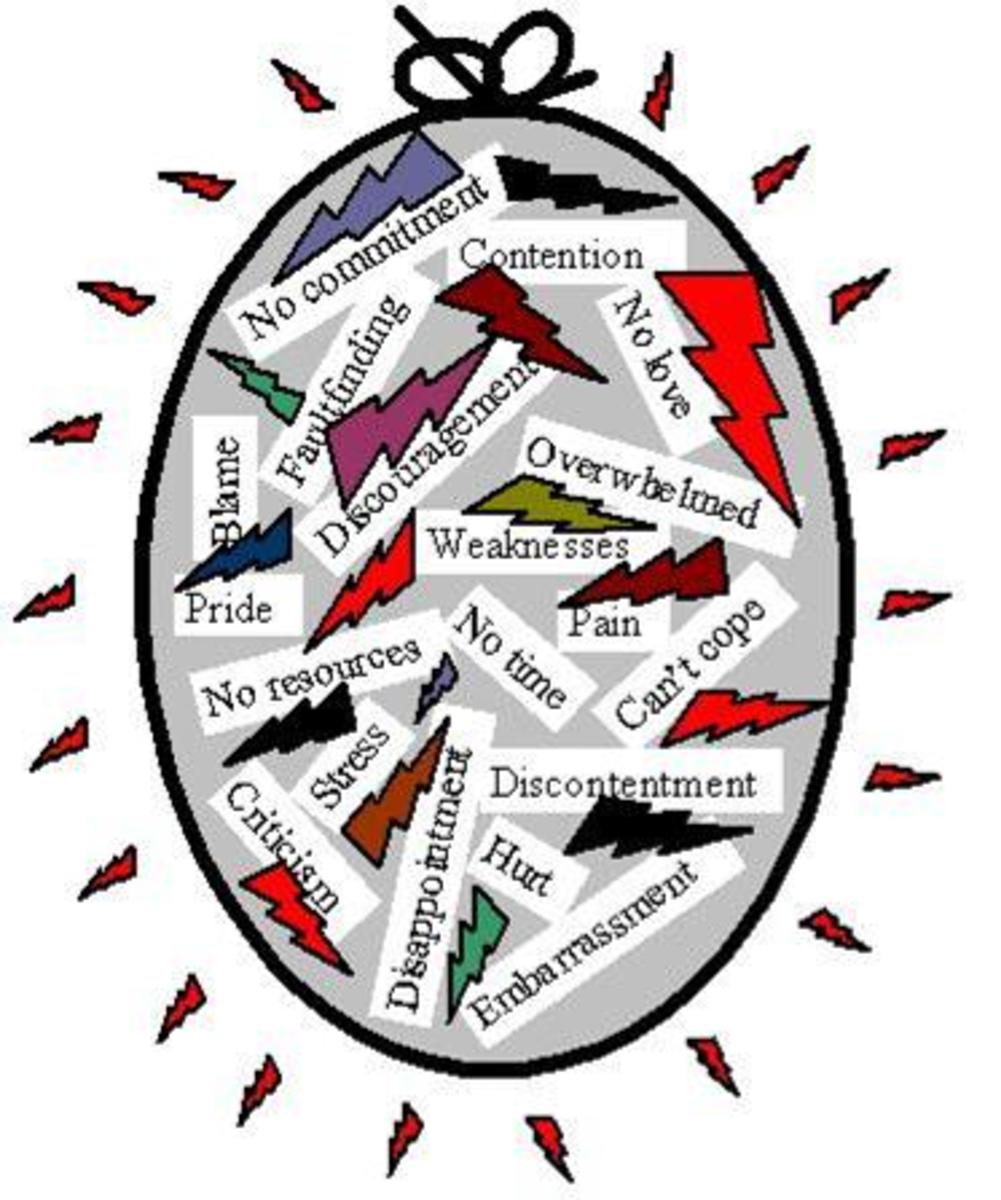Learning To Control Anger


Anger Management Problems
According to statistics anger management problems affect one out of five Americans. Domestic abuse, road rage, violence, divorce, and addiction are just a few examples of what occurs when excessive anger isn’t properly treated. Anger is normal and healthy, until it becomes unmanageable and destructive. Then it can result in problems at work and personal relationships.
However, the problem isn’t usually anger itself. It’s mismanagement of it. Anger is an emotional state varying in intensity from mild irritation to extreme rage. As with other emotions, physiological and biological changes occur in the body. Anger causes heightened heart rate and blood pressure, along with increased hormonal production. It can result from an external or internal stimulus.
Excessive anger is usually expressed by extreme aggression because it’s a natural response to a threat, real or perceived. It’s a defense mechanism allowing us to defend ourselves when attacked. Therefore a certain amount of anger is necessary for survival.


Limiting Agression
On the other hand, people can’t strike out at every person or thing that irritates them. There has to be a limit on the amount of aggression people display. So how is that accomplished?
There are several ways to deal with angry feelings. The most common methods involve expressing, suppressing, or calming these emotions. Expressing angry feelings in an assertive, not aggressive, manner is one. Decide what your needs are and how to meet them without harming others. Being assertive isn’t being pushy. It is showing respect for yourself and others.

More Positive Thoughts
Anger can be suppressed by focusing on more positive thoughts. The goal is to suppress your anger and transform it into something more constructive. This method has one serious drawback. Holding anger in and not allowing it an outlet can backfire. Anger turned inward can cause high blood pressure, depression or a myriad of other destructive physiological changes.
Bottled up feelings can create pathological expressions of anger, such as passive-aggressive behavior. This could be getting even indirectly, rather than confronting people directly. Then there are those having a constant, cynical and hostile personality. These are the ones who constantly put others down, criticize everything, and make cynical comments. Not surprisingly, these are the ones who also have few friends.
There’s also the calming approach. Learning proper breathing techniques to relax and control internal bodily responses. This can lower heart rate, which has a calming effect, thereby allowing anger to subside. Simple relaxation tools, such as deep breathing and relaxing imagery, can smooth ruffled feathers. Some people are more prone than others to get angry. And there are also others who don't show anger in loud boisterous exhibitions.
Angry people don't always exhibit obvious signs. They might simply withdraw, sulk or become physically ill.
The goal of anger management is to reduce both your emotional feelings and the physiological arousal that anger causes. You can't get rid of, or avoid, the things or the people that enrage you, nor can you change them, but you can learn to control your reactions.
Some researchers believe people easily angered generally have a low tolerance for frustration. Taking things in stride is difficult, like becoming infuriated at the slightest irritation. The causes may be genetic or physiological. There is data suggesting some are born irritable and easily angered. Research has also found family history may be involved. People easily angered usually come from families that are disruptive, chaotic, and lacking in communication skills.
A once common belief held venting was a good outlet for pent up anger. However, recent studies have found expressing anger actually escalates physiological body responses and does nothing to help resolve anything.
Angry people curse, swear, or speak obscenely. Situations can become exaggerated. Try replacing thoughts with more rational ones because logic defeats anger. But, anger can become irrational. So use cold hard logic. The world is not against you. You're just going through a few rough spots. Positive thinking like that will portray a more balanced perspective of a situation. Sometimes, problems are caused by very real and inescapable circumstances and it’s not realistic to think one can avoid them all. And not all anger is misplaced. Sometimes it's a healthy, normal response to difficulties.
Angry people tend to jump to conclusions, some of which can be inaccurate. Slow down, think through the circumstances. Think carefully about what you need to say. But, also listen to what others are saying.
Criticism will sometimes cause people to become defensive and thus lash out at those doing the criticizing. Sincere listening and seeing a problem clearly will usually defuse a heated argument.
Humor is also a recommended form of anger reduction. It can take the edge off and help relieve a tense situation. This isn’t to suggest laughing off all problems. Use humor to help confront problems more constructively. However don't use strong, biting humor. The aim is not taking everything too seriously. Don’t become a statistic.










